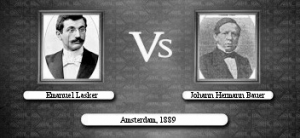
Amsterdam 1889: Lasker beat Bauer producing a stunning double-bishop sacrifice which would become a standard sacrificial pattern from which we can all benefit. Standing on the shoulders of a giant! Continue reading “The Lasker Sacrifice”
Author: haranski
The Long Opposition
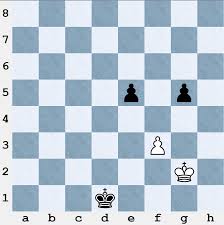 Understanding the long opposition can be very powerful. Without awareness of this concept, it can be impossible to distinguish between a myriad of similar options in an endgame.
Understanding the long opposition can be very powerful. Without awareness of this concept, it can be impossible to distinguish between a myriad of similar options in an endgame.
I love the position below, which clearly demonstrates the importance of understanding the long opposition. Continue reading “The Long Opposition”
Realisation
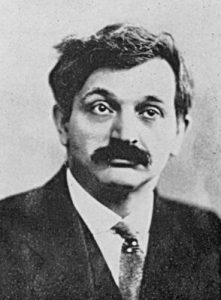
Why is it so hard to win a won position? Why is finishing off your opponent so tricky? This is a problem that I have been encountering a lot recently: reaching a good position, a strong advantage, often a winning advantage, only to let that advantage slip. In the best cases, I just made the win a bit harder – kind of having to win twice, but in some cases, I have lost the game.
I have recently learned, that the skill of converting an advantage into a win is known as “realisation”. To be good at realisation, there are a few useful tips to bear in mind: Continue reading “Realisation”
Knight and bishop checkmate with the W-system
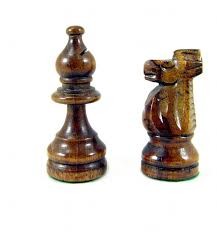 I have always struggled to nail down the technique for checkmating with just a knight and bishop, but then I came across the W-system. Suddenly, it makes the process a whole lot easier. Continue reading “Knight and bishop checkmate with the W-system”
I have always struggled to nail down the technique for checkmating with just a knight and bishop, but then I came across the W-system. Suddenly, it makes the process a whole lot easier. Continue reading “Knight and bishop checkmate with the W-system”
Endgame Laboratory: queen versus rook
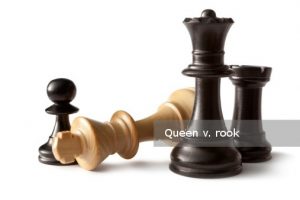 Who knows how to win with queen v. rook?
Who knows how to win with queen v. rook?
The thought of checkmate with a bishop and knight usually causes despairing gasps, but at least the winning process is fairly concrete. Mate with a lone queen against a lone rook, on the other hand, is more difficult to pin down. There seem to be so many permutations, so a set of rules by which to guide yourself can prove quite elusive. Continue reading “Endgame Laboratory: queen versus rook”
Understanding prophylaxis

Generally speaking, when deciding on the next move, we need to improve our pieces or trade our opponent’s good pieces. For example, if my opponent’s queen is more active than mine, then I need to either activate my queen or force an exchange of queens. Continue reading “Understanding prophylaxis”
The Octopus
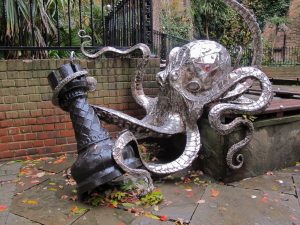 The Karpov – Kasparov World Chess Championship battles of the 1980’s left a deep impression on me during my teenage years. I was utterly captivated by this mysterious and intriguing duel between the Soviet Union’s greatest ever players. Continue reading “The Octopus”
The Karpov – Kasparov World Chess Championship battles of the 1980’s left a deep impression on me during my teenage years. I was utterly captivated by this mysterious and intriguing duel between the Soviet Union’s greatest ever players. Continue reading “The Octopus”